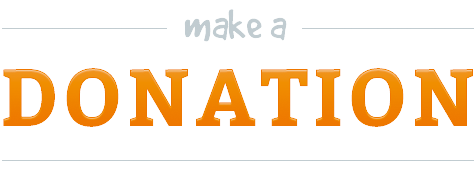Day 4: Highlights of OEWG1-2: Science-Policy Panel to Contribute Further to the Sound Management of Chemicals and Waste and to Prevent Pollution

On 2nd February, there was considerable focus on the inter-sessional work required to help realize a successful Open-Ended Working Group (OEWG) process in 2024. Work proceeded in contact groups throughout the day, before delegates came together to hear updates in the late afternoon.
Contact Groups’ discussion again focused on scope and functions. In the morning, co-chaired by Marine Collignon, a lengthy discussion ensued regarding a statement in the circulated text, that “the contact group agreed that the proposed objectives and functions of the panel should be further complemented by operating principles to be further developed during the inter-sessional period.” Noting that there were differing views expressed, the document listed elements to consider when developing operating principles, such as the delivery of policy-relevant scientific evidence without being policy prescriptive; the contribution of Indigenous and traditional knowledge; a human rights approach; and the promotion of innovation, transparency, inclusivity, and complementarity.
On inter-sessional work, Co-Chair David Kapindula encouraged delegates to put forward suggestions that would be passed on to the contact group dealing with the organization of work. Delegates called for preparatory work during the inter-sessional period on the panel’s: horizon scanning and potential capacity-building functions; institutional design and governance structures; and operating principles, focusing on elements identified by the contact group. One delegate suggested that inter-sessional work could address establishing a possible support mechanism related to the Strategic Approach to International Chemicals Management (SAICM).
Organization of Work: Co-Chair Ana Berejiani opened the session in the morning, stating that, following requests by member states, the Secretariat had prepared and circulated a draft outline of a zero draft, indicating all relevant elements and documents to be considered at OEWG 2 and 3.
Bob Watson presented the procedures for completing the panel’s functions, highlighting:
• procedures for receiving and prioritizing requests, suggesting that they could be assisted by a priority-setting framework and a conceptual framework;
• procedures for the preparation of panel deliverables, including engagement with experts, review, acceptance, and approval of assessments, and ensuring transparency and impartiality;
• procedures for horizon scanning, suggesting they need to be agile;
• policy on conflict of interest, drawing attention to the fact that, regarding chemicals, waste, and pollution, the private sector holds much of the data and information;
• procedures to safeguard commercially sensitive information; and
• financial procedures for the panel.


